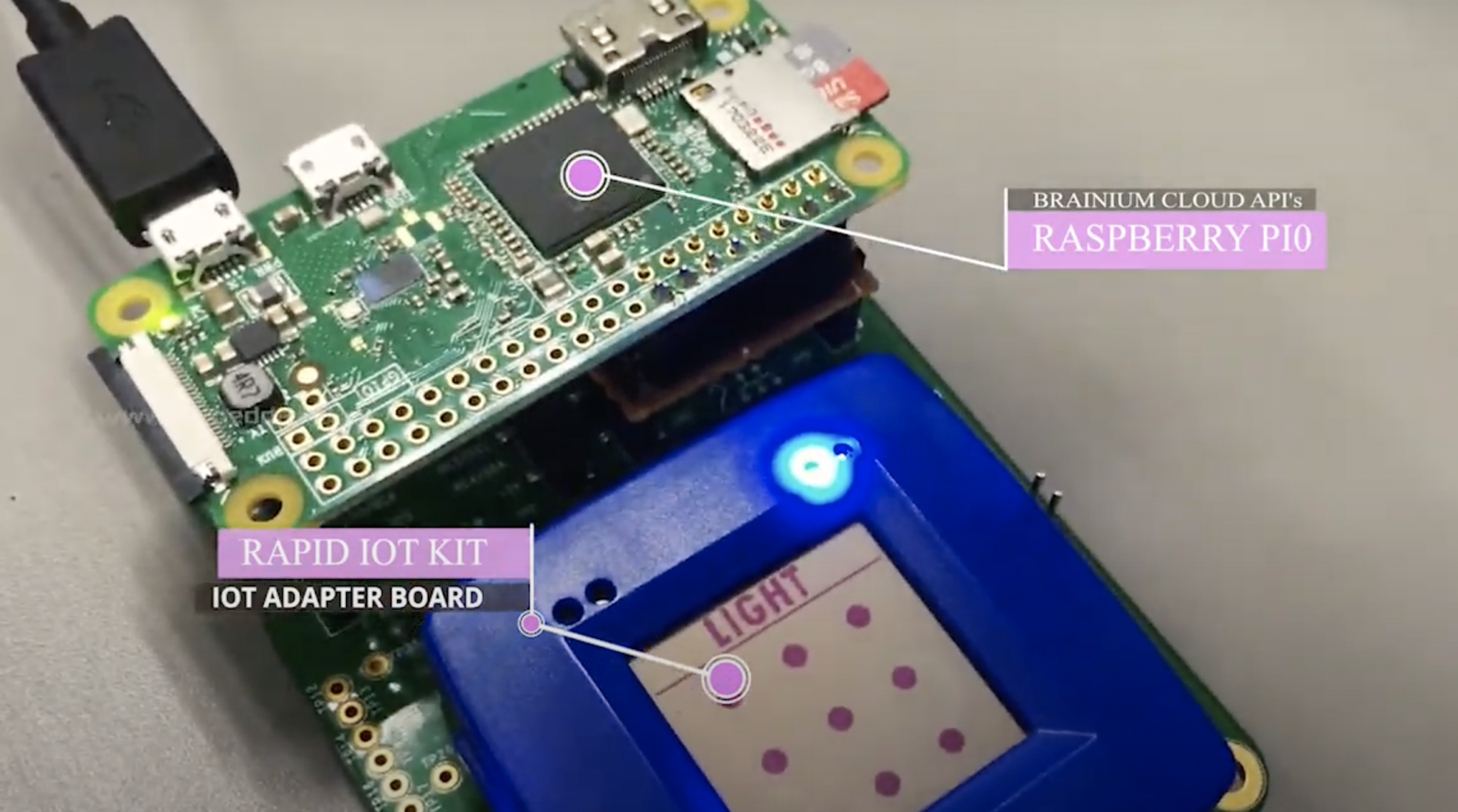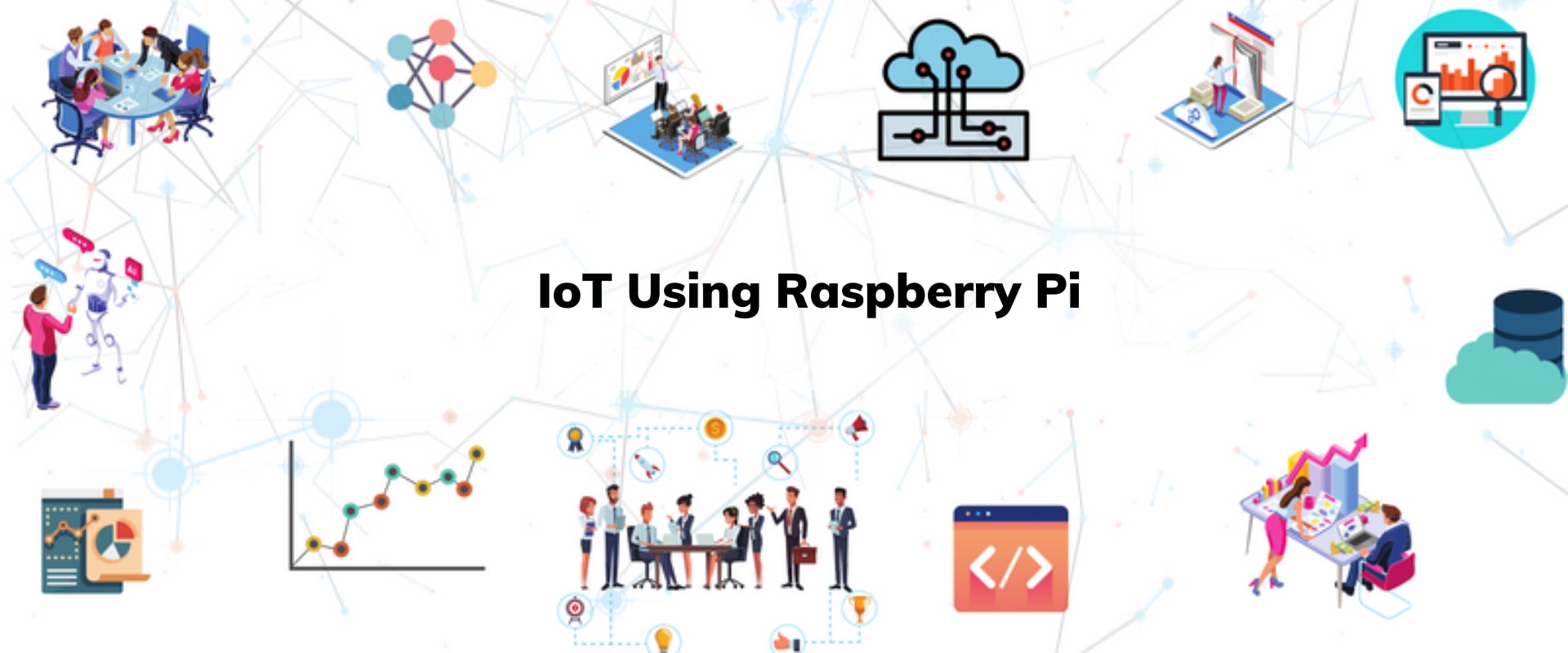In today's era of advanced smart technology, the integration of Raspberry Pi with Virtual Private Cloud (VPC) for Internet of Things (IoT) applications is transforming the way devices interact and communicate. This powerful combination is driving smarter and more efficient connectivity solutions, enabling industries to embrace digital transformation. Understanding the capabilities of Raspberry Pi VPC IoT is essential for staying ahead in the ever-evolving technology landscape.
The fusion of Raspberry Pi and VPC for IoT applications addresses the modern demands for connectivity by offering a robust platform for businesses and developers. Leveraging the compact and versatile Raspberry Pi, this system can handle complex tasks while ensuring secure, scalable, and reliable communication. This innovative solution is ideal for a wide range of applications, from home automation to industrial processes.
This article explores the transformative impact of Raspberry Pi VPC IoT on smart connectivity. From foundational principles to real-world applications, we will delve into how this technology is reshaping industries and enabling smarter ecosystems. Join us as we uncover the full potential of Raspberry Pi VPC IoT and its implications for the future of smart technology.
Read also:Hikaru Nagi Sone 436 A Comprehensive Guide To Her Life Career And Achievements
Contents:
- Exploring Raspberry Pi VPC IoT
- Raspberry Pi Architecture
- VPC and IoT Integration
- Benefits of Raspberry Pi VPC IoT
- Smart Connectivity Applications
- Security in Raspberry Pi VPC IoT
- Scaling Raspberry Pi VPC IoT
- Real-World Impact
- Challenges and Solutions
- Future Potential
Exploring Raspberry Pi VPC IoT
Understanding Raspberry Pi
Raspberry Pi is a compact and affordable single-board computer designed to promote learning in computer science and programming. Its versatility and user-friendly interface have made it a favorite among hobbyists, educators, and professionals. Featuring GPIO pins and support for multiple programming languages, Raspberry Pi serves as an excellent platform for developing IoT applications, enabling users to build innovative solutions tailored to their needs.
What is VPC?
A Virtual Private Cloud (VPC) is a secure, isolated segment of a cloud environment where users can deploy and manage their resources. VPCs offer enhanced security, scalability, and flexibility, making them ideal for hosting IoT applications. By integrating Raspberry Pi with VPC, developers can create a secure and efficient communication network for IoT devices, ensuring seamless and reliable connectivity.
Raspberry Pi Architecture
Raspberry Pi's architecture is designed to support a broad range of applications, from basic computing tasks to advanced IoT solutions. Key components include:
- Processor: The Broadcom BCM2837, a powerful quad-core ARM Cortex-A53 processor.
- Memory: Available in 1GB, 2GB, and 4GB configurations to meet varying performance needs.
- Connectivity: Built-in Wi-Fi, Bluetooth, Ethernet, and USB ports for versatile connectivity options.
- GPIO Pins: General-purpose input/output pins for interfacing with external devices, enabling customization and expansion.
This robust architecture empowers Raspberry Pi to handle complex tasks, making it a reliable choice for IoT applications that require high performance and flexibility.
VPC and IoT Integration
The integration of VPC with IoT devices enhances security and scalability, offering developers a secure and efficient environment for IoT operations. By deploying Raspberry Pi in a VPC environment, developers can:
Read also:Eric Idles Enduring Legacy In Monty Python And The Holy Grail
- Create isolated networks for IoT devices to prevent unauthorized access.
- Implement advanced security features such as firewalls and access control lists to protect sensitive data.
- Scale resources dynamically based on demand, ensuring optimal performance even during peak usage.
This integration ensures that IoT devices operate in a secure and efficient environment, minimizing the risk of cyber threats and maximizing overall performance.
Benefits of Raspberry Pi VPC IoT
Cost-Effectiveness
Raspberry Pi's affordability makes it an attractive option for IoT projects. Combined with the scalability of VPC, this solution offers a cost-effective approach to building smart connectivity systems, enabling businesses and developers to achieve their goals without excessive expenses.
Flexibility
Raspberry Pi supports multiple programming languages and operating systems, providing developers with the flexibility to choose the tools that best suit their needs. This versatility allows for the creation of customized IoT solutions tailored to specific applications, enhancing the overall value and usability of the platform.
Security
The integration of VPC with Raspberry Pi ensures a secure communication network for IoT devices. By leveraging advanced security features, developers can protect their systems from potential threats and vulnerabilities, ensuring data integrity and user trust.
Smart Connectivity Applications
Raspberry Pi VPC IoT has numerous applications across various industries, showcasing its versatility and potential to transform connectivity:
- Smart Homes: Automating household appliances and monitoring energy consumption to enhance convenience and efficiency.
- Healthcare: Enabling remote patient monitoring and telemedicine services to improve healthcare accessibility and quality.
- Manufacturing: Optimizing production processes through real-time data analysis, leading to increased productivity and reduced costs.
These applications demonstrate the transformative impact of Raspberry Pi VPC IoT in enhancing connectivity and driving innovation across industries.
Security in Raspberry Pi VPC IoT
Security is a critical component of IoT systems, and Raspberry Pi VPC IoT addresses this concern through several robust measures:
- Encryption of data transmitted between devices to ensure confidentiality and integrity.
- Authentication and authorization protocols to control access and prevent unauthorized use.
- Regular software updates to patch vulnerabilities and enhance security, keeping the system up-to-date with the latest protections.
By implementing these security measures, Raspberry Pi VPC IoT provides a reliable and secure platform for IoT applications, ensuring user trust and data protection.
Scaling Raspberry Pi VPC IoT
As IoT systems grow in complexity, the ability to scale resources becomes essential. Raspberry Pi VPC IoT offers scalability through:
- Dynamic resource allocation based on demand, ensuring optimal performance under varying conditions.
- Integration with cloud services for additional storage and processing power, enabling seamless expansion as needs evolve.
- Modular design allowing for easy expansion of devices and sensors, accommodating growing requirements without compromising performance.
This scalability ensures that Raspberry Pi VPC IoT systems can adapt to changing requirements and continue to deliver exceptional performance, supporting long-term growth and innovation.
Real-World Impact
Raspberry Pi VPC IoT has already made a significant impact in various sectors. For instance, smart cities are leveraging this technology to enhance public services, improve traffic management, and promote sustainable development. In agriculture, IoT-enabled systems monitor soil conditions and optimize irrigation, leading to increased crop yields and resource efficiency. These examples highlight the transformative potential of Raspberry Pi VPC IoT in driving innovation and improving quality of life.
Challenges and Solutions
Despite its advantages, Raspberry Pi VPC IoT faces challenges such as:
- Interoperability issues between different devices and platforms, which can hinder seamless integration.
- Energy consumption and power management, requiring efficient design and operation to ensure sustainability.
- Data privacy concerns in IoT applications, necessitating robust security measures to protect sensitive information.
Addressing these challenges requires collaboration among developers, manufacturers, and policymakers to establish standards and guidelines for IoT systems, ensuring a harmonized and secure ecosystem.
Future Potential
The future of Raspberry Pi VPC IoT looks promising, with advancements in artificial intelligence, machine learning, and 5G technology set to enhance its capabilities. As industries continue to adopt smart connectivity solutions, the demand for innovative IoT systems will only increase. Raspberry Pi VPC IoT is well-positioned to meet this demand and drive the next wave of technological innovation, offering endless possibilities for growth and development.
Kesimpulan
Raspberry Pi VPC IoT represents a groundbreaking advancement in smart connectivity, offering cost-effective, flexible, and secure solutions for IoT applications. From enhancing home automation to transforming industries, this technology has demonstrated its potential to reshape the way we interact with the world around us. Its versatility and scalability make it an ideal choice for businesses and developers seeking to stay ahead in the rapidly evolving digital landscape.
We encourage readers to explore the possibilities of Raspberry Pi VPC IoT and share their experiences in the comments section. For more insights into smart technology, visit our website and discover a wealth of resources on the latest trends and innovations in the digital landscape.
References:


